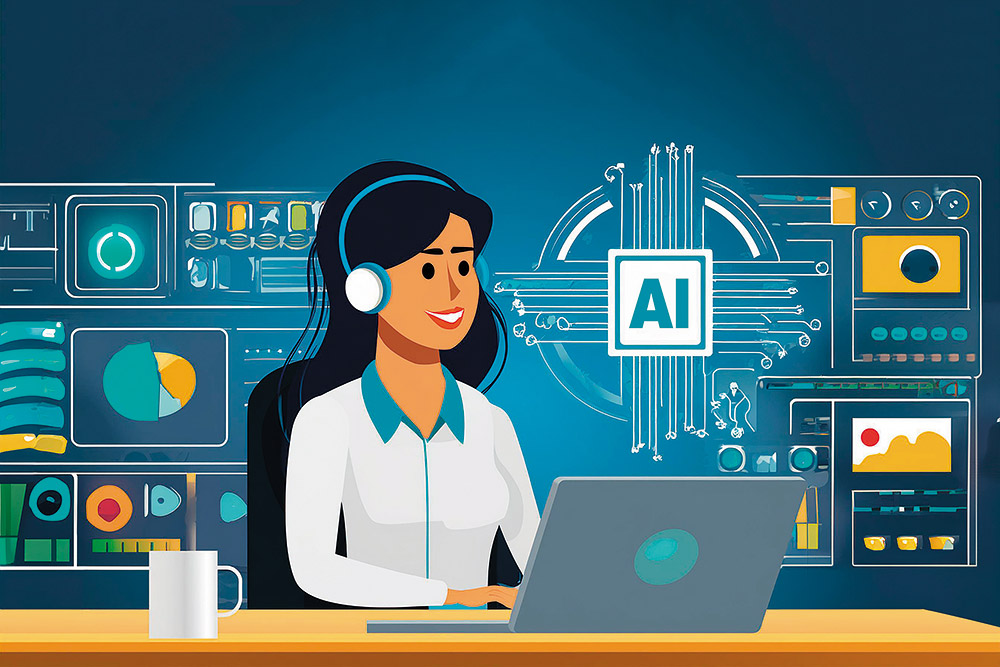The Indian media and entertainment sector has been at a crucial juncture, grappling with the dual challenges of skyrocketing content costs and intense competition. Notably, the exorbitant expense of cricket broadcasting rights has significantly drained the finances of industry players. In this context, the aggressive strategy adopted by Reliance to stream cricket for free via JioCinema has not only intensified the strain on Disney's finances but also precipitated substantial losses for Hotstar. Concurrently, Disney's global operations are under significant cost-cutting pressure, exacerbating the financial distress of its Indian ventures.
Given these circumstances, the industry was teetering on the brink of consolidation, the primary question being the identity of the partners and the terms of agreement. Emerging from this tumult, Reliance positioned itself as the prime candidate, wielding considerable negotiating leverage to ensure the merger unfolded on its terms.
Business Implications
The merger heralds a new era of enhanced economic efficiency for the business. The consolidation is expected to reduce the number of players in the field, leading to diminished competition, improved revenue realisation, lower content acquisition costs, and ultimately, better profitability. This strategic alliance between Reliance and Disney is set to redefine the media landscape, creating a behemoth capable of leveraging scale to dictate terms more favourably.
For the audience, this merger signals a forthcoming increase in subscription and access costs. However, this is a double-edged sword, as the augmented financial health of media companies will empower them to invest more significantly in the creation of high-quality content. This is expected to elevate the viewing experience, offering more varied and engaging content that could justify the increased financial outlay from consumers.
The merger also reflects the maturation of the industry, marking a shift from traditional broadcasting to a digital-first approach. Digital platforms have wreaked havoc on conventional channels, but they have also paved the way for innovative content consumption models. In this evolving landscape, the ability to innovate in user experience, recommendation algorithms and the social dynamics of content viewing will become key differentiators.
Reliance, for the time being, may seem to have the upper hand, but the digital domain is inherently disruptive. Today's leaders may not necessarily dominate tomorrow, especially with the advent of technologies like Artificial Intelligence (AI). As AI starts democratising video content creation, enabling high-quality production without significant investment, the industry could witness unprecedented levels of innovation and disruption.
The Creator Economy and AI
Furthermore, the future will likely be shaped by those who can effectively monetise content, especially catering to the long tail of independent creators. The burgeoning creator economy, where audiences increasingly gravitate towards content produced by independent creators not affiliated with any production house, is a testament to this shift. This trend underscores a growing demand for autonomy and direct monetisation avenues, challenging traditional engagement and business models.
New Age creators such as Ranveer Allahbadia, Dhruv Rathee, Bhuvan Bam, Prajakta Koli, Tanmay Bhat are becoming their own production houses, broadcasters and monetisation agents with reduced reliance on media companies such as Reliance/Viacom18, Disney/Star, Zee and Sony in the rapidly evolving media landscape of India.
These creators exemplify the shift towards a more democratised media landscape where individual talent can flourish without traditional gatekeepers. Their success stories highlight the importance of digital platforms in providing a direct line to audiences, enabling creators to maintain control over their content and monetisation strategies.
This trend has also touched existing mainstream artists. Some notable figures include Mahesh Babu, Kriti Sanon, Alia Bhatt, Deepika Padukone and Nayanthara. These actors have made significant strides by starting their own production houses, thus stepping into roles that allow for greater creative control and the ability to directly monetise their content.
We see this trend across the media industry, including digital platforms where creators leverage social media, OTT platforms and direct-to-consumer models to reach their audiences. By owning their production and distribution channels, these creators are setting new precedents for how content is produced, distributed and monetised, moving towards a more decentralised and creator-driven model.
AI can enable independent content creators to monetise on their own terms, potentially reshaping the media and entertainment industry. We are witnessing new avenues of monetisation such as creators charging their superfans directly for their craft without the need for any intermediary. As content creation becomes more democratised and monetisation mechanisms more innovative, the landscape for media and entertainment is set for a revolutionary transformation.
Conclusion
The Reliance-Disney merger is not merely a business transaction; it is a pivotal moment that could dictate the future trajectory of the Indian media and entertainment (M&E) sector. By combining their strengths, Reliance and Disney are poised to create a digital-first media powerhouse capable of leading the market through innovation and strategic foresight. However, as the industry continues to evolve, the sustainability of their dominance will hinge on their ability to stay ahead of technological advancements and changing consumer preferences.
As we gaze into the future, the role of AI and the creator economy will be crucial in shaping the
next generation of M&E leaders. The journey ahead promises to be one of innovation, disruption and transformation, setting the stage for a new era in Indian media and entertainment.
The author is co-founder, Fanory.ai, an AI monetisation copilot for creators. Earlier, he was the India Country Head for Twitter (now X) and CEO of Network18 Digital (owned by Reliance)











